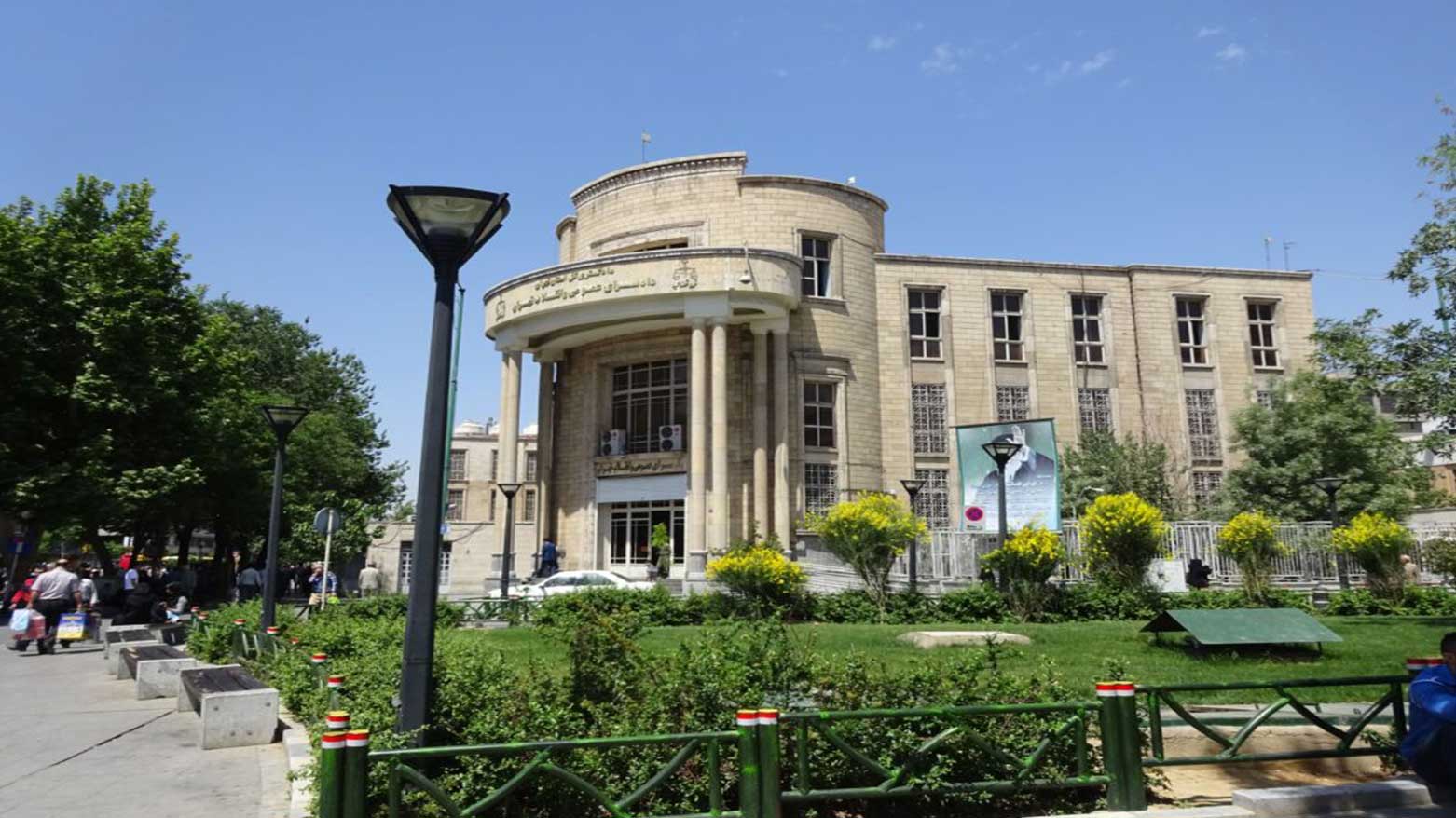Iran Arrests Three Suspected MEK Members Accused of Sabotage Plot
“Three members of MEK-linked sabotage cells who sought to disrupt public order and security were identified and arrested,” local prosecutor Mohammad Hassanpour told ISNA.

ERBIL (Kurdistan24) — Iranian authorities have arrested three members of a suspected sabotage cell allegedly linked to the exiled opposition group the People's Mujahedin Organization of Iran (MEK), accusing them of attempting to disrupt public order, AFP reported Tuesday.
The suspects were detained by Iran’s Islamic Revolutionary Guard Corps in Pakdasht county, southeast of Tehran, the ISNA news agency said.
“Three members of MEK-linked sabotage cells who sought to disrupt public order and security were identified and arrested,” local prosecutor Mohammad Hassanpour told ISNA. He claimed the MEK was using underground propaganda networks to recruit supporters to form sabotage cells dedicated to inciting unrest.
Hassanpour said the cell had been dismantled in its entirety, with all its members apprehended. The suspects are currently undergoing what he described as “specialized interrogation,” and the investigation remains ongoing.
The arrests come shortly after Iranian authorities executed two individuals accused of being long-time members of the MEK. They were convicted of producing improvised mortars used in attacks against civilians, homes, and public institutions.
In the aftermath of the intense 12-day conflict with Israel, Iran has significantly escalated its internal security operations, launching a broad crackdown on individuals and groups it accuses of engaging in sabotage, espionage, and targeted assassination attempts against senior Iranian officials.
The war, which erupted on June 13 following Israeli strikes on Iranian-linked targets, marked one of the most volatile periods in Iran’s recent history. While the state focused externally on its confrontation with Israel, internal security services mobilized swiftly to confront what authorities described as "fifth column" activities aimed at exploiting the chaos of war.
Iranian officials have since linked these acts to dissident and exile groups, particularly the MEK, which Tehran accuses of maintaining clandestine networks aimed at undermining state stability. According to Iranian intelligence agencies, some of these cells launched operations during the height of the conflict, including sabotage efforts against public infrastructure and alleged plots to assassinate high-ranking military and political figures.
Since then, authorities have detained dozens of individuals across the country, raided suspected safehouses, and shut down alleged covert media and communications channels. These operations have been led primarily by the Islamic Revolutionary Guard Corps (IRGC) and the Intelligence Ministry, with support from local prosecutors and the judiciary.
The MEK, founded in the 1960s to oppose Iran’s then-Western-backed Shah, was outlawed after the 1979 Islamic Revolution due to its armed resistance, including siding with Saddam Hussein’s forces during the Iran-Iraq War. Though disarmed by the U.S.-led coalition following the 2003 liberation operation of Iraq, the group continues to advocate for regime change from abroad.